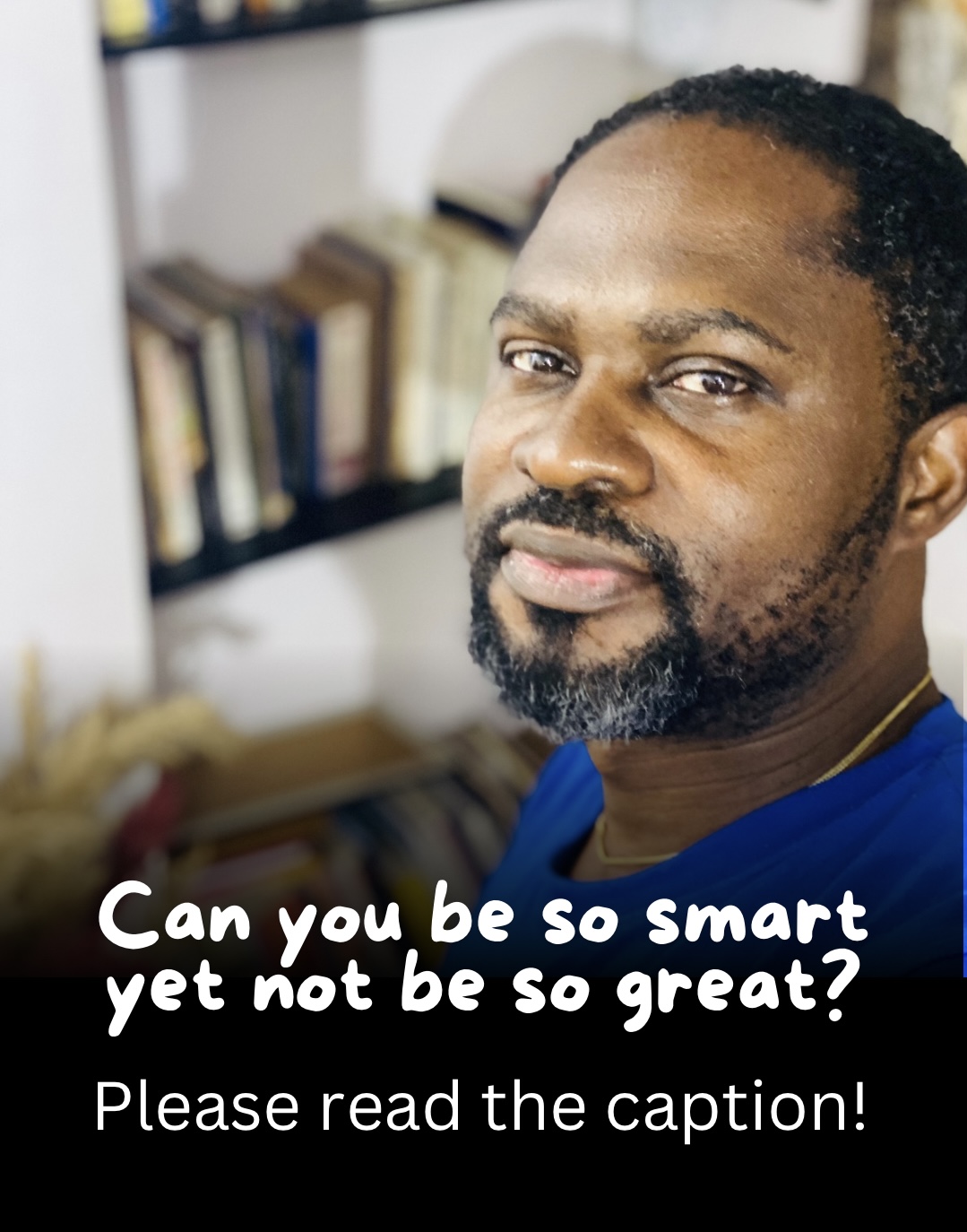
The thoughts I share below have greatly challenged me personally.
The focus of my thoughts isn’t on the life of Robert Greene, the author of several notable books. Instead, I want to explore what creates the apparent disparity between possessing extensive knowledge and achieving true greatness in life.
Robert Greene has penned influential works such as “The 48 Laws of Power,” “Mastery,” “The 33 Strategies of War,” “The Art of Seduction,” and “The Laws of Human Nature.” With such an impressive repertoire, one might expect Greene to be one of the most influential figures globally. His insights into power, strategy, and human behavior are profound, yet his personal life doesn’t necessarily reflect the towering success one might anticipate.
So, what contributes to actual greatness in life? It’s a multifaceted question. Possessing knowledge is undoubtedly valuable, but it is not the sole determinant of greatness. Greatness often stems from a combination of factors, including the ability to apply knowledge effectively, emotional intelligence, resilience, and under guarded by the divine. For instance, knowing the laws of power is one thing; applying them skillfully in real-life situations to achieve desired outcomes (wisdom) is another.
Moreover, greatness is often defined not just by personal achievements but by the impact one has on others. Influential leaders, innovators, and visionaries are typically those who inspire, uplift, and drive change within their communities or fields. They possess a unique combination of skills, vision, and the ability to connect with and motivate people.
In summary, while extensive knowledge is an essential component, actual greatness in life requires more. It involves the practical application of that knowledge, emotional intelligence, perseverance, and the capacity to positively influence others. Robert Greene’s work offers profound insights, but translating those insights into real-world impact is a different challenge altogether.
